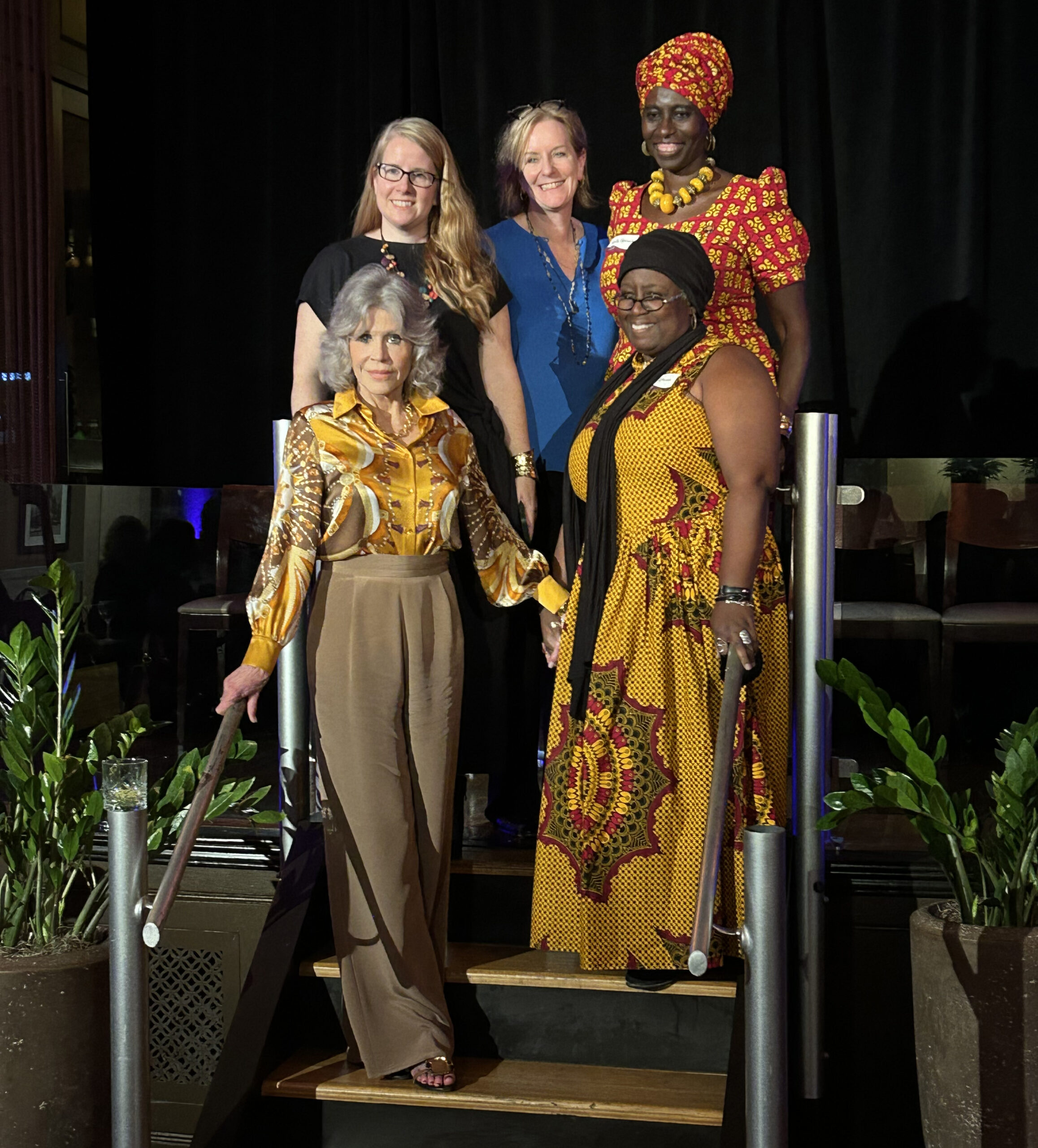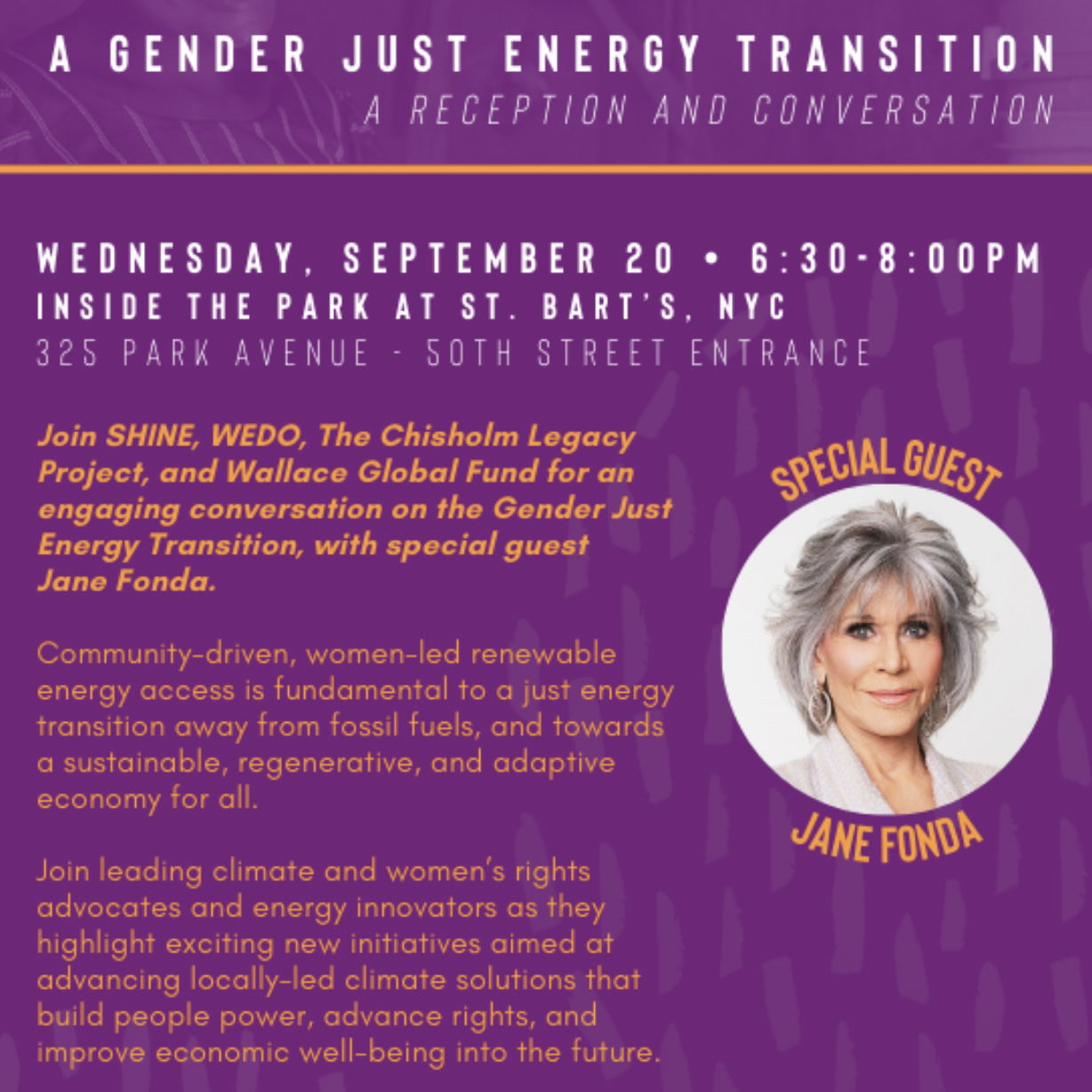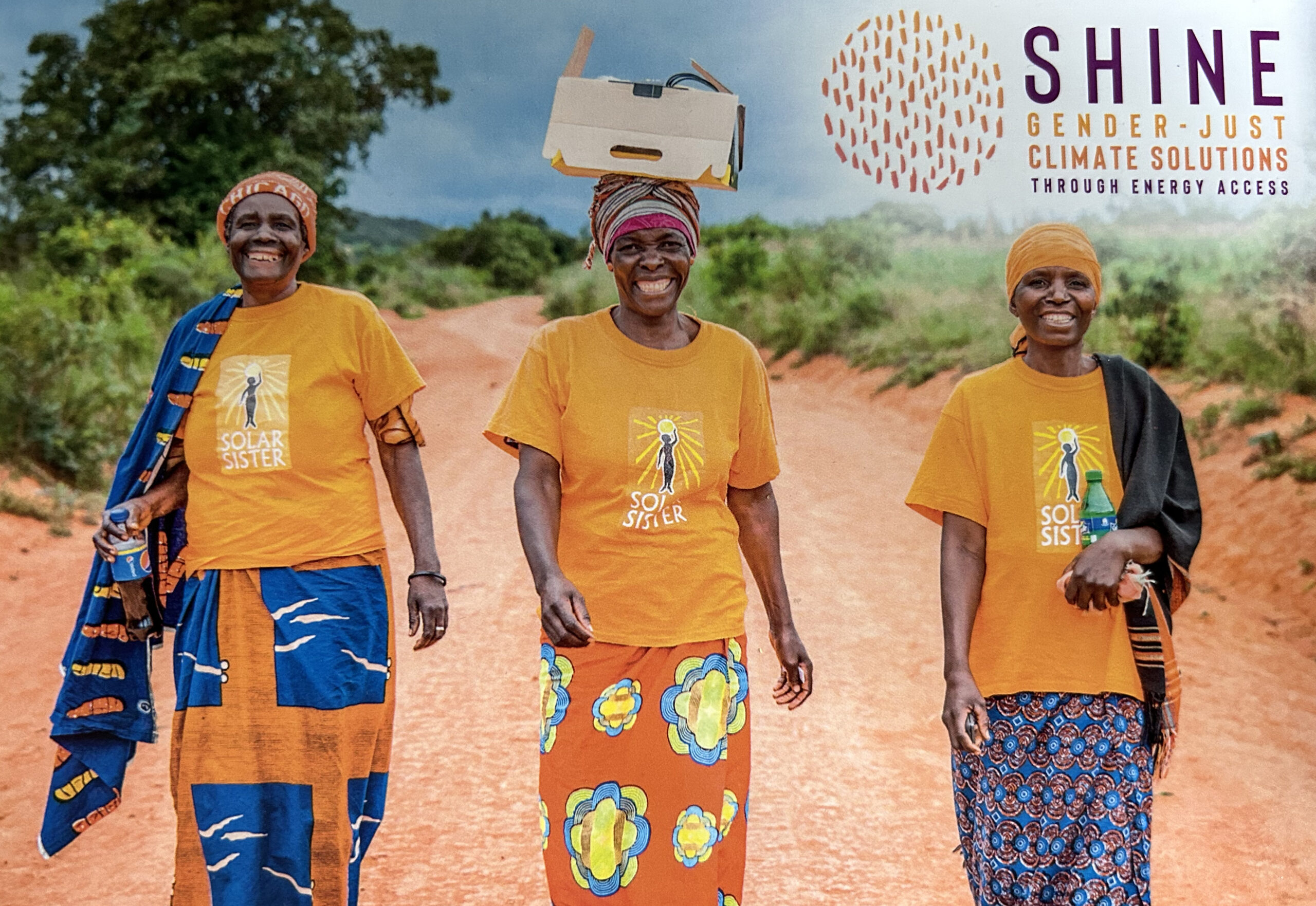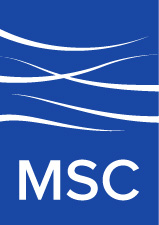A Climate Week Gathering Highlights Small Projects, Big Impacts, and the Work of Women

Climate Week NYC — the largest annual climate event of its kind — offers in-person, hybrid, and online events and activities for activists, businesses, and politicians from all over the world. Hosted by Climate Group, an international nonprofit that supports climate action, the focus of these gatherings is to drive the transition and champion the change that is already happening. Adding gravitas to the slate, it’s all in partnership with the United Nations General Assembly, taking place in Manhattan at the same time.
This year’s festivities, which wrapped on September 24, featured a “record number of 585 official affiliated events” — “breath work to build resilience within the climate movement, workshops on ecologically friendlier wine, an ice cream giveaway to highlight “climate risks to the flavors we love,” and at least five sessions aimed at stemming the environmental ravages caused by the clothing industry.”
Some of the themes, which center on carbon capture or credits, or slightly more sustainable ways to extract and sell, fly in the face of a Just Transition. Nonetheless, many events — and much of the buzz among attendees over cheese boards — were a bit more progressive and a ton more inspiring.

One, A Gender Just Transition, was held on the evening of Wednesday, September 20, at St. Bartholomew’s Episocal Church — a stunning, century old monument on Park Avenue. Hosted by the Chisholm Legacy Project, SHINE, the Wallace Global Fund, and Women’s Environment and Development Organization (WEDO), the event featured celebrity activism legend Jane Fonda alongside MSC board member Jacqueline Patterson of the Chisholm Legacy Project, plus Mela Chiponda of SHINE, Bridget Burns of WEDO, and Ellen Dorsey of the Wallace Global Fund.
Dorsey opened the series of remarks by asking who in the room had attended the March to End Fossil Fuels — a 75,000-strong rally in Manhattan that took place the previous Sunday. For such an intimate gathering, the response was loud — a room full of real deal activists who weren’t just in town to sip wine (note: there was wine). She then introduced the theme of the evening’s event — centering this crucial climate work around gender justice and real community solutions. She called on attendees “to redouble and triple our efforts as activists” towards solutions that aren’t just “a little cleaner” but “fundamentally change” the game. She also noted — and this was the theme of the evening — that “women are at the center of this process” and are “always at the center of these fights.” She continued: “If we invest in women … We will unlock transformative change that will get us through these compounding intersectional crises and create new economic opportunities.” Wrapping up, Dorsey reminded the crowd to spread “joy in activism” — an excellent segue into introducing Fonda.
For those that don’t know, Fonda isn’t just an A-list, Oscar winning actress, a Netflix star, and one of the early icons of the 1980s exercise revolution. She is a loud and proud, frequently arrested, radical-progressive activist. She was a vocal protester of the Vietnam War — which nearly killed her acting career; she is an outspoken feminist and co-founded the Women’s Media Center; she has stood up for racial and gender equity, LGBTQIA+ rights, and the environment; and she has steadfastly rejected subsequent acts of aggression including the Iraq War. Now in her 80s, she helms the Jane Fonda Climate PAC, an organization that is laser focused on electing climate champions up and down the ballot and across the country. Supporting smaller elections at the local level is straight out of the conservative political playbook, and it’s the reason so many hyperlocal governments have become more and more rightwing. Her organization is aiming to change that.
Fonda, who had been making the rounds at various Climate Week events, opened with two observations she called “mind-blowing.” Having attended the UN Climate Change Conference (COP21) in Paris, France, in 2015, she noted that no-one was actually talking about fossil fuels and how they are the “basic cause” of climate change. She was thrilled that, in 2023, everyone is calling out fossil fuels. Name-dropping the effect of her Fire Drill Fridays, which launched in 2019, she calls this sea change a result of “people power.”
“If we invest in women … We will unlock transformative change that will get us through these compounding intersectional crises and create new economic opportunities.”
Her other observation: all the women in decision making positions. She brought up her involvement at the UN Conference on Environment and Development in Rio de Janeiro, Brazil, in 1992. “Dig this — not one woman was there making decisions. They were down at the beach making solutions.” She called this shift a “complete joy,” and echoed Dorsey’s statement that “women are at forefront and bear the brunt and come up with solutions” for “families and communities.” She noted that women are 14 times more likely to die in a climate event; that a lack of energy — clean or otherwise — affects women more than men; and that “women know very well” that communities need smaller, faster, cleaner, decentralized, and local projects. The “top down isn’t working,” and as activists, funders, and voters, we need to support local leaders to move us forward. Closing up, she called the 2020s “the most important decade in human history.” “We are the first generation to feel the effects, and the last generation that can do something about it.”
Patterson echoed the need to focus on the grassroots — “the people closest to the problems are closest to solutions.” Focusing on environmental injustices, Patterson called out how corporate polluters consistently set up shop alongside marginalized communities, how their industrial particulate matter and the resulting urban heat islands are affecting fertility and maternal health; and how their contested fossil fuel pipelines often become hotspots for missing and murdered Indigenous women. These issues, she noted, relate to our current “corporatocracy,” wherein big business — namely the fossil fuel industry — have an outsized influence over government policies. Then she directed attendees to the Fossil Fueled Foolery report she had a hand in. The goal of this primer is to help communities understand and avoid the common tactics used by the fossil fuel industry to promote policies and actions that promote their agendas while being detrimental to neighboring communities and the planet at large.
To add a little levity, Patterson then asked the crowd if they remembered “Mo Money Mo Problems,” the 1997 megahit by the Notorious B.I.G. After a slew of affirmatives from the audience, she continued: “I wrote a parody a couple of weeks ago called ‘Mo Money Mo Problems (the Extractive Economy Remix)’” After a shared laugh, she explained it being about buyable politicians, “and to stay tuned!”
This led Patterson to share more about her organization, the Chisholm Legacy Project — named for Shirley Chisholm, the first black woman to be elected to the United States Congress. Chisholm served New York’s 12th congressional district for seven terms, and she ran for president. But she never sold out — one of her campaign slogans was “unbought and unbossed,” which is also the name of her autobiography. This ethos informs the projects Patterson and her organization support and uplift — “we lift up [that ethos] as we lift up the women who are standing against the manipulations of the fossil fuel industry.”
She shared the story of Adora Nweze, who disinvested the Florida NAACP from fossil fuels and who worked to get other organizational chapters to follow suit. She spoke about Shamayim Harris, better known as Mama Shu, who brought solar-powered street lights to her Michigan community after existing lights were repossessed in 2011. And she talked about women and communities lifting themselves and their children up through energy autonomy and by “rebuking the fossil fuel economy.” Before wrapping up, Patterson — who noted that SHINE is doing similar work in Africa — declared that “there are possibilities and that we can live a fossil free existence going forward.”

Burns and Chiponda wrapped up the evening with Burns focusing on funding this crucial work, and Chiponda sharing stories of the communities SHINE works with in Africa — an area the organization refers to as a nexus of the climate crisis, gender injustice, and a glaring lack of clean energy in homes and communities. Burns, who said “activism can mean a lot of things, but it does not mean business as usual,” drew applause for citing a well known piece by street artist Banksy. It’s a hand drawn rabbit holding a sign that says “the earth isn’t dying, it’s being killed, and those who are killing it have names and addresses.” A profound acknowledgement of who is responsible for this mess, and who must be held accountable — but it’s also a call to action: we all have work to do.
Whether Burns and the rest of attendees know it or not, that quote is actually attributed to Bruce Duncan “Utah” Phillips, a folk singer, labor activist, and poet who died in 2008. Phillips was anti-war, traded in the stories of folks who had been “spit out” of capitalist society, a pacifist, and an anarchist. He might’ve fit right in.

